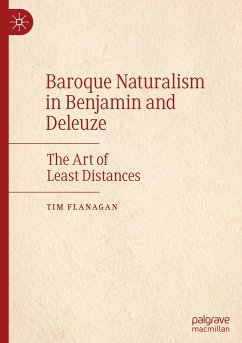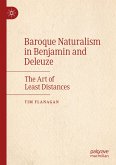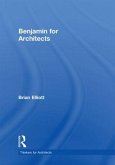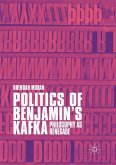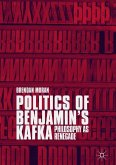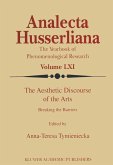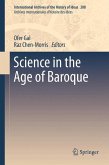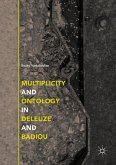This book, itself a study of two books on the Baroque, proposes a pair of related theses: one interpretive, the other argumentative. The first, enveloped in the second, holds that the significance of allegory Gilles Deleuze recognized in Walter Benjamin's 1928 monograph on seventeenth century drama is itself attested in key aspects of Kantian, Leibnizian, and Platonic philosophy (to wit, in the respective forms by which thought is phrased, predicated, and proposed).The second, enveloping the first, is a literalist claim about predication itself - namely, that the aesthetics of agitation and hallucination so emblematic of the Baroque sensibility (as attested in its emblem-books) adduces an avowedly metaphysical 'naturalism' in which thought is replete with predicates. Oriented by Barbara Cassin's development of the concerted sense in which homonyms are critically distinct from synonyms, the philosophical claim here is that 'the Baroque' names the intervallic [d s µ ] relation that thought establishes between things. On this account, any subject finds its unity in a concerted state of disquiet - a state-rempli in which, phenomenologically speaking, experience comprises as much seeing as reading (as St Jerome encountering Origen's Hexapla).
Bitte wählen Sie Ihr Anliegen aus.
Rechnungen
Retourenschein anfordern
Bestellstatus
Storno

